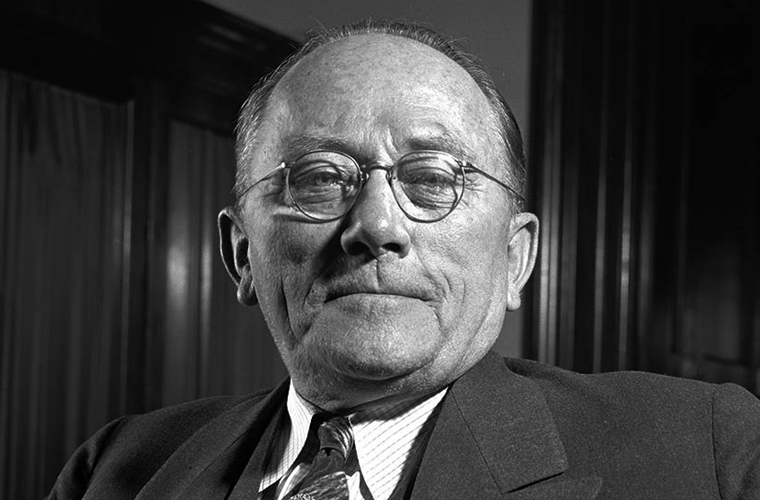Theodore G. Bilbo was a prominent American politician who left an indelible mark on the nation’s political landscape during the early to mid-20th century. Known for his controversial views and unyielding determination, Bilbo’s career was characterized by a unique blend of populism and segregationist ideology. This article aims to delve into the life and legacy of Theodore G. Bilbo, examining his political career, contributions, and impact on American society.
Born on October 13, 1877, in Poplarville, Mississippi, Bilbo grew up in a modest family with limited financial means. Despite these challenges, he displayed exceptional academic prowess and graduated from Peabody College in Nashville, Tennessee, with a degree in education. This educational background would later serve as a foundation for his political career, enabling him to articulate his ideas and connect with the masses effectively.
Bilbo’s political journey began in 1907 when he was elected to the Mississippi State Senate. Over the course of his career, he held various political positions, including two terms as the Governor of Mississippi (1916-1920 and 1928-1932) and two terms as a United States Senator (1935-1947). It was during his time in office that Bilbo became known for his fiery speeches and unwavering support for segregationist policies.
Bilbo’s advocacy for segregationist ideology was a defining characteristic of his political career. He believed in the preservation of racial purity and the separation of races as a means to maintain social order and economic prosperity. This ideology, while widely criticized today, resonated with a significant portion of the population during Bilbo’s era.












Bilbo’s views on race relations were undeniably controversial. He openly espoused white supremacy and vehemently opposed the civil rights movement of the time. His inflammatory rhetoric and divisive actions often drew sharp criticism from civil rights activists and progressive politicians. Despite this, Bilbo remained steadfast in his beliefs, unapologetically defending his segregationist stance.
Theodore G. Bilbo’s impact on American politics cannot be understated. While his segregationist views have been widely discredited and condemned, they played a significant role in shaping the political discourse of the time. Bilbo’s unwavering commitment to his beliefs galvanized supporters and opponents alike, sparking important conversations about race relations and civil rights in America.
Theodore G. Bilbo’s political career was marked by controversy and unwavering determination. His advocacy for segregationist policies remains a dark chapter in American history, but it is essential to study figures like Bilbo to understand the complexities of our nation’s past. While his views may be widely rejected today, it is through critical examination that we can strive for a more inclusive and equitable future.

